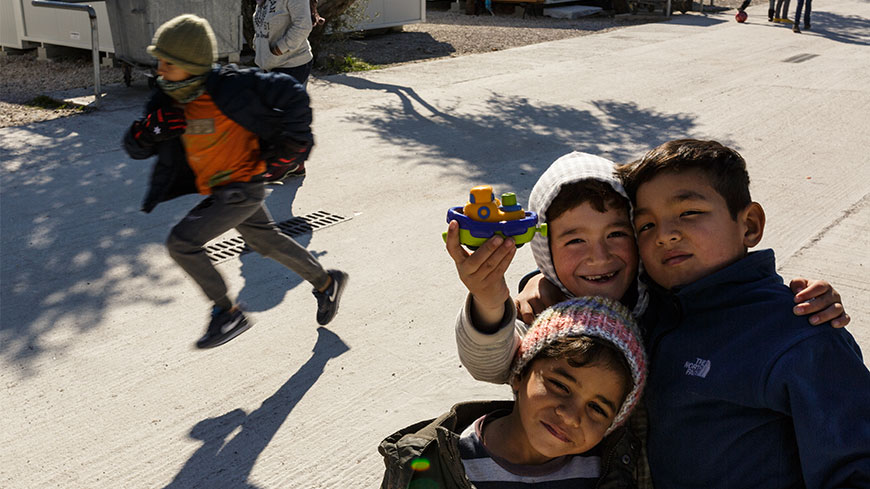Children in migration at all the stages of their journey to Europe should receive child-friendly and understandable information, which nevertheless must reflect the realities and difficulties they may face in the new environment, says the Council of Europe in a new report published today. The most effective way of providing the information is through personal verbal communication with professionally trained people the child trusts; leaflets and print material in clear language should be used as a complementary means; accurate peer-to-peer information should also be promoted.
The report prepared by the Children Rights Division of the Council of Europe, as well as the accompanying video based on feedback from children in migration in Cyprus, France, Germany, Greece and Hungary, reflect the views of the children themselves, NGOs and child-protection authorities, and provide recommendations for further action.
Before leaving their home, the children said they had not received information about the difficulties they would face on the journey and integration in the host country. During the journey, they had only received incomplete information from smugglers, but had no information about who the authorities were, whom they could trust, where to find help or how to access their rights; this made them feel stressed and abandoned. Receiving information immediately upon arrival was considered important, but they were often overwhelmed and could not absorb and remember everything. Peer-to-peer communication via social media was seen by children as useful for learning from those with similar experiences and should be supported by professionals to ensure the accuracy of information.


